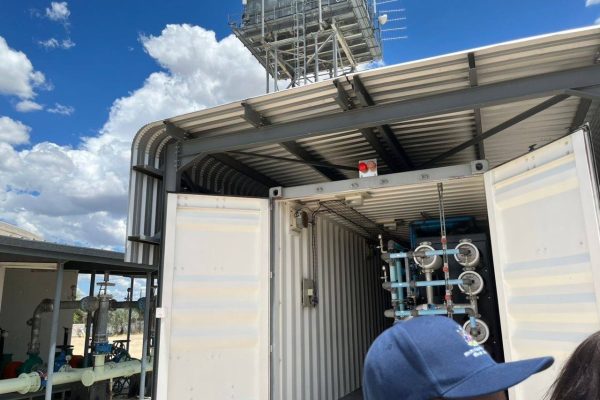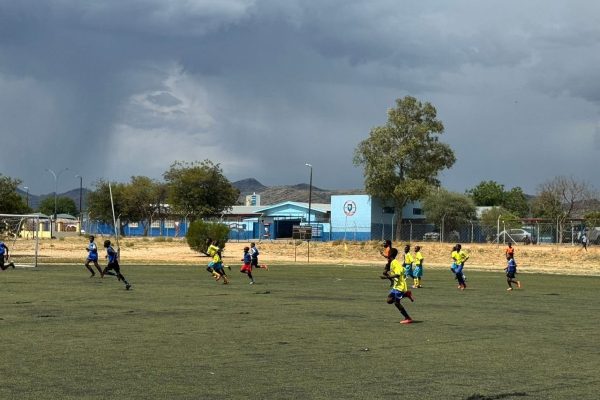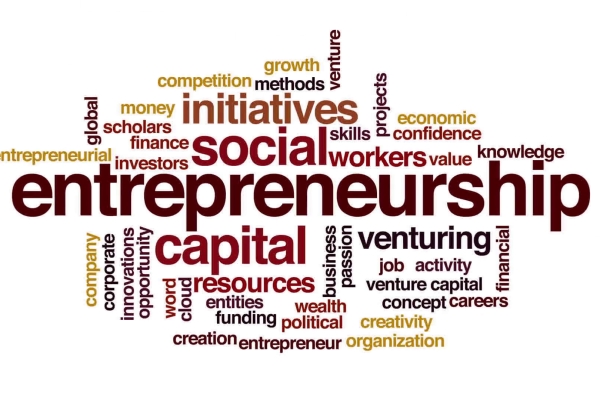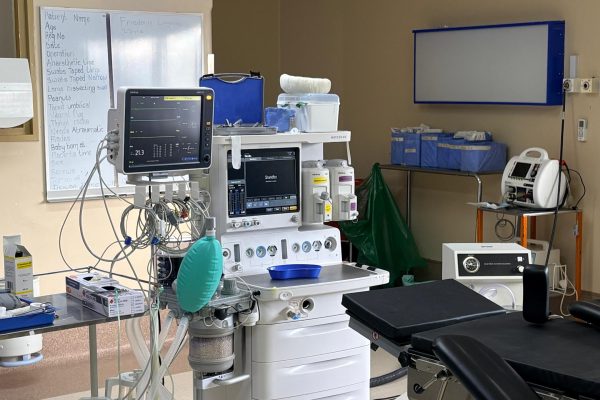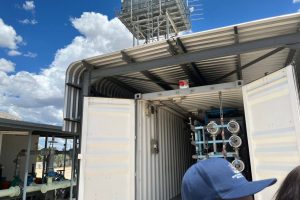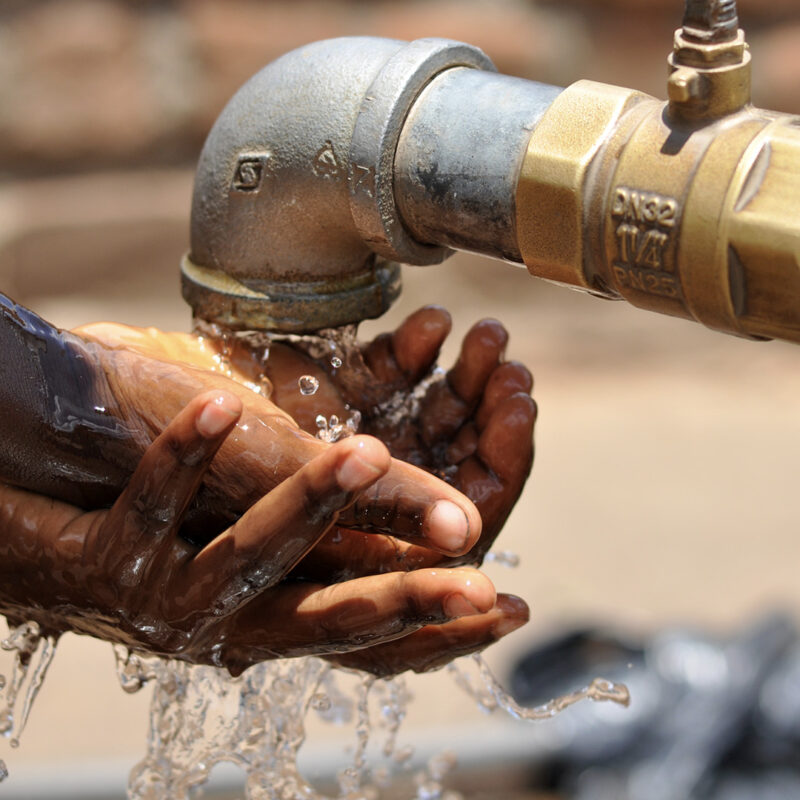
By: Patemoshela Lukolo
The City of Windhoek has reaffirmed its commitment to promoting hygiene and sanitation as part of efforts to strengthen public health and reduce preventable diseases.
This was highlighted during the official commemoration of the 2025 Health and Hygiene Promotion Month, held on Thursday in the City’s Function Hall under the theme ‘Be a Handwashing Hero.’
The event forms part of a month-long campaign aligned with Global Handwashing Day, observed annually on October 15. The initiative encourages individuals to take personal responsibility for hygiene and to promote healthier communities through regular handwashing with soap.
In her keynote address, the Mayor of Windhoek, Ndeshihafela Larandja, said handwashing remains one of the most effective and affordable ways to prevent infections such as diarrhoea and respiratory illnesses. She emphasised that good hygiene practices are a collective responsibility that starts with individuals and extends to households, schools, and workplaces.
“Handwashing with soap is a simple, but powerful act that saves lives. It must become a habit for all residents to protect themselves and those around them,” Larandja said.
The mayor noted that the City of Windhoek has been observing Health and Hygiene Promotion Month for more than a decade, since adopting the World Health Organisation (WHO) initiative in 2012. She said the campaign’s message is particularly important in light of recurring public health threats, including Hepatitis E, diarrhoeal outbreaks, and recent experiences with Covid-19. According to the mayor, the ongoing campaign aims to reduce preventable diseases, improve school attendance, and promote overall well-being.
As part of the 2025 campaign build-up, the City carried out a series of hygiene promotion interventions as of 30 July 2025. These included health education sessions at informal markets, compliance inspections, and environmental assessments to improve hygiene standards.
Targeted education was also provided to meat and kapana vendors at the Oshetu Market, where sanitation challenges were identified. Schools across the city participated in demonstrations teaching children effective handwashing techniques.
In addition, the City conducted inspections at shopping malls to assess ablution facilities and undertook an intervention at an abandoned property in the central business district, declared unfit for habitation under the Public and Environmental Health Act, 2015.
Delivering a statement at the same event, UNICEF Representative to Namibia, Samuel Kweku Ocran, said effective hand hygiene could prevent hundreds of thousands of deaths globally each year.
He noted that only 45% of Namibian households have access to handwashing facilities with soap, contributing to more than 184,000 diarrhoeal cases annually and the loss of 719 children under five to preventable diseases.
He added that the economic impact of inadequate water, sanitation, and hygiene (WASH) services in Namibia exceeds N$3.8 billion per year, underscoring the need for joint action among government, communities, and development partners.
Ocran reaffirmed UNICEF’s commitment to supporting the City of Windhoek and other local authorities in promoting low-cost, climate-resilient WASH facilities and hygiene education.
“Our nation’s future depends on ensuring every child has access to clean water and safe sanitation. We must all be handwashing heroes,” Ocran remarked.
Delivering the vote of thanks, Deputy Junior Mayor Ellister Groenewald applauded the collaboration between the city, partners, and the public in advancing hygiene awareness. He encouraged residents to continue championing clean and healthy environments.
He also acknowledged the participation of representatives from government ministries, civil society organisations, UNICEF, schools, and local performers.
The event concluded with cultural performances and a renewed call for continued advocacy, funding, and behavioural change to achieve universal access to hand hygiene across the country.


